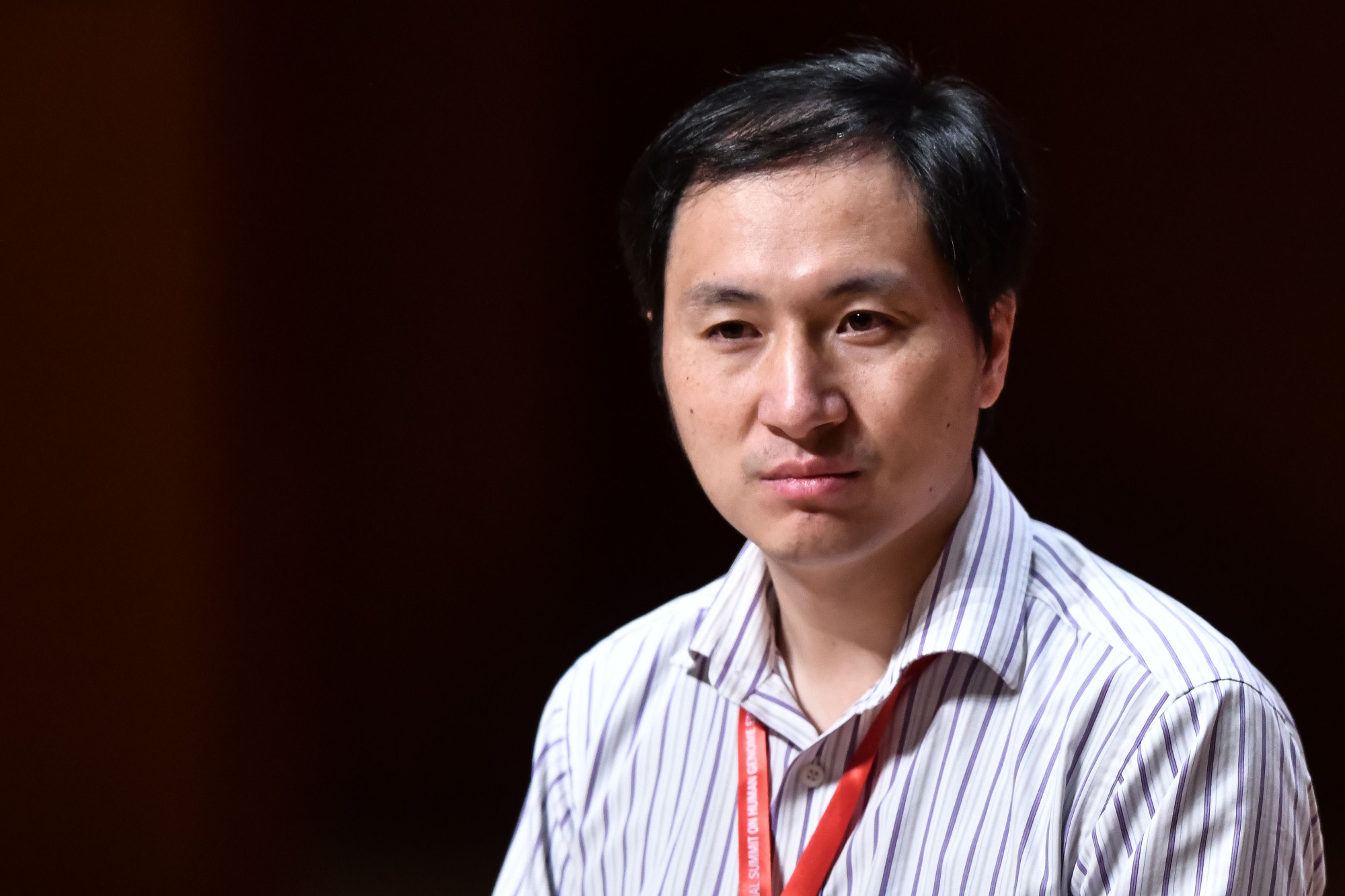Chinese scientists are pressing ahead with their attempts to perfect human gene-editing technology, even after one of their compatriots drew a global backlash for editing the genes of twin girls.
In recent weeks, the work by Shenzhen-based researcher He Jiankui — controversial because he claimed to have used the gene-editing tool Crispr on the twins when they were embryos — was met with criticism globally and at home.
But in the less controversial use of Crispr in adults, Chinese researchers appear determined to keep pushing to get the lead. While the technique was invented in 2012 in the U.S., the Chinese have been first at many junctures — from using it successfully in monkeys, testing it on lab embryos not intended for live births, and using it in adults with cancer.



















With your current subscription plan you can comment on stories. However, before writing your first comment, please create a display name in the Profile section of your subscriber account page.